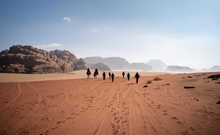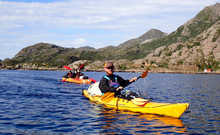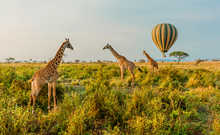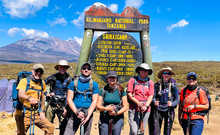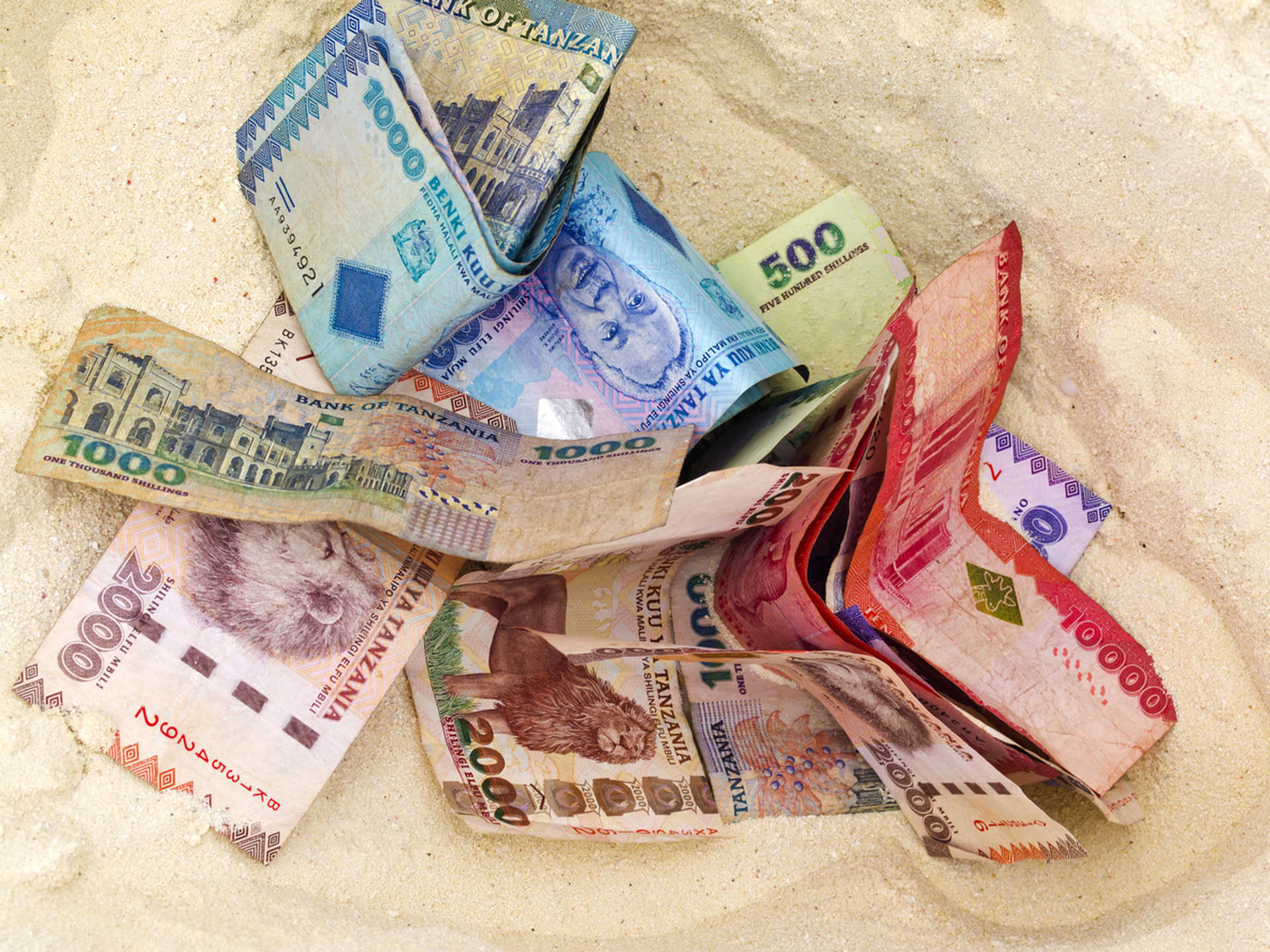Travelling to Tanzania
What is the currency in Tanzania?
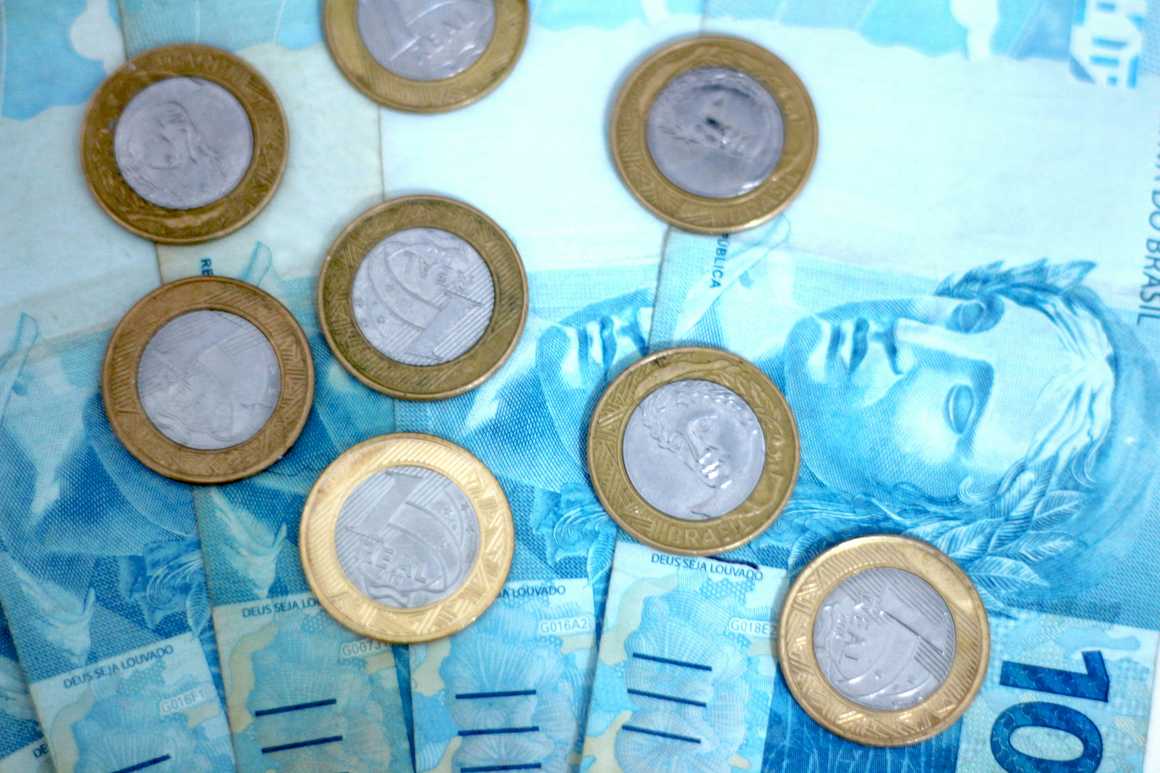
The history of currency for Tanzania
Recent changes to currency in Tanzania
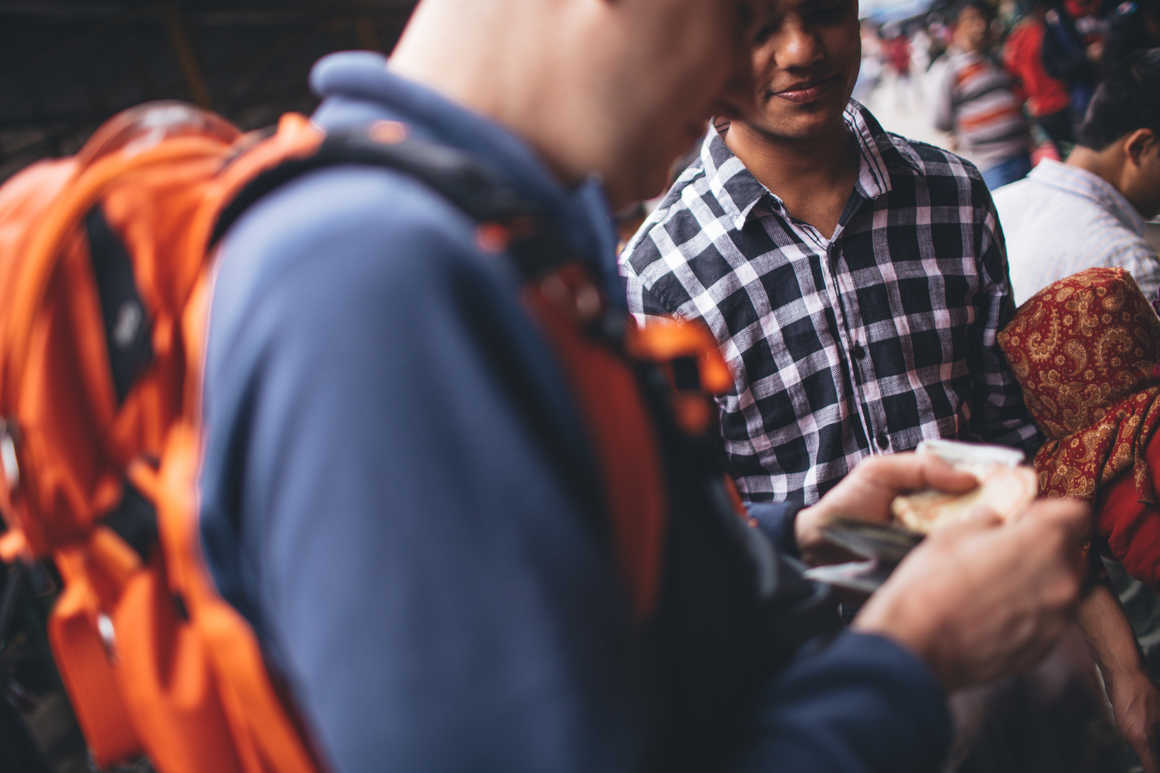
Ways to pay in Tanzania
Debit and credit cards
Using cash in Tanzania
In remote areas such as the
national parks and the interior of the country, away from larger towns, you
might struggle to find an ATM. Plan in advance where you will be heading and
budget for your itinerary accordingly. You may need to withdraw cash or
exchange money a few days in advance if you are heading out on safari, climbing
Kilimanjaro or visiting more isolated destinations. You will find ATMs and currency exchange kiosks at the airports in Tanzania so you should be able to buy currency when you have landed.
Even seasoned travellers can get caught out by thieves, con
artists and grifters. Practice responsible money handling by shielding your pin
when using an ATM, only withdraw what you need and keep spare cash locked away
in your accommodation or in a money belt out of sight. Tanzania is a warm and
welcoming country but as with most destinations, there are unsavoury characters
and places that are best avoided and being money savvy is not difficult.
You can read more about staying safe whilst travelling in our blog.
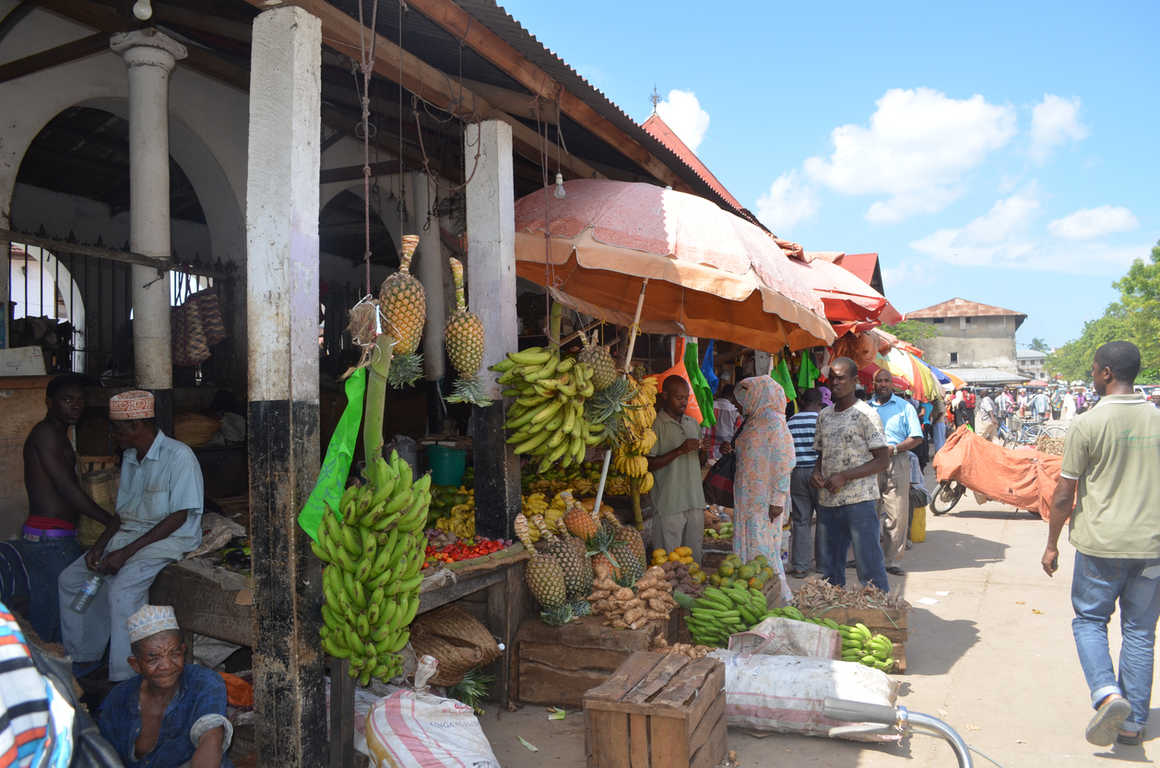
Currency exchange in Tanzania
Tipping and haggling in Tanzania
Outside of this, tipping in restaurants or hotels for good
customer service is standard. Many establishments will have a tip box where
tips are divided amongst the team, or you can hand your money to individual
staff who have looked after you.
Haggling is also common in Tanzania. You wouldn’t haggle for
goods at the supermarkets, in shopping malls or anywhere else where there are
fixed prices. However, haggling over the price of a taxi before travel, with
street vendors, at markets or local shops is acceptable.
Remember to greet locals with a smile and a few words in
Swahili – jambo is a universal greeting and means ‘hello’ or ‘how’s it
going’. This effort will be appreciated. Check out average prices before
beginning to haggle, be patient and if no movement on price is given then be
prepared to walk away and find what you are after elsewhere. Avoid being
aggressive and consider the impact the value of your purchase to the vendor as
well as the price. A little courtesy and understanding will go a long way.
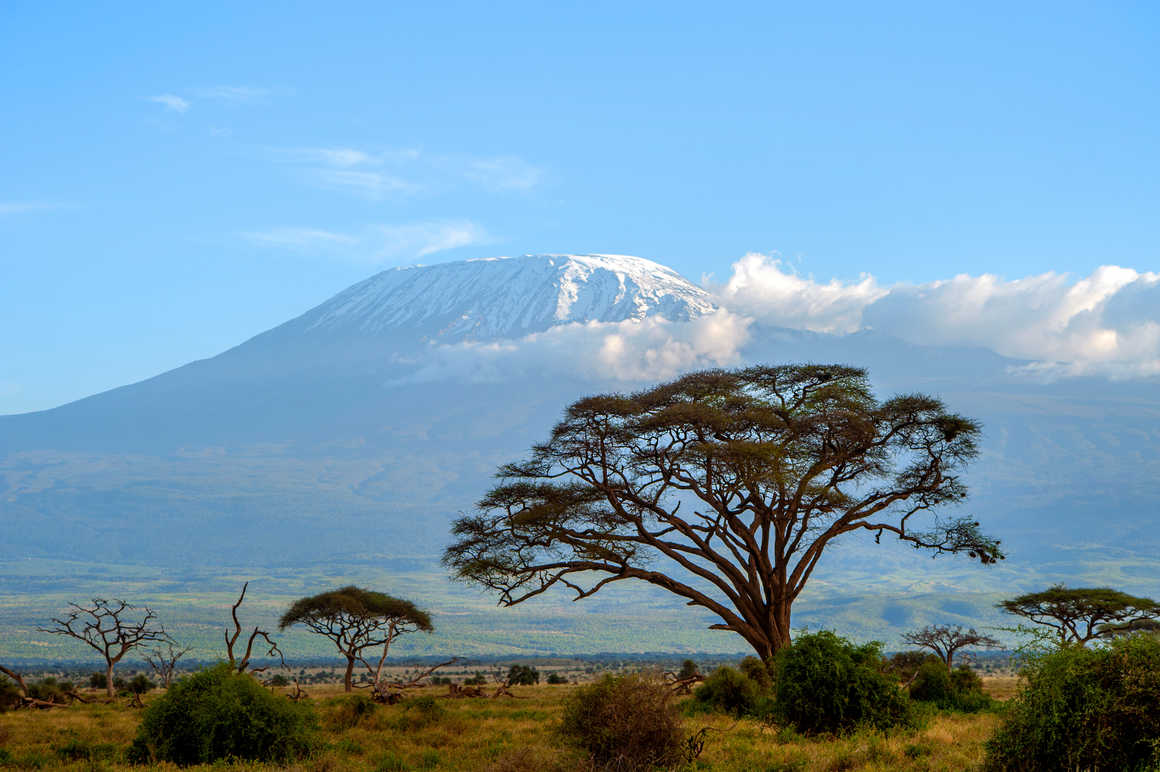
Visiting Tanzania with Kandoo Adventures
When you book at adventure holiday to Tanzania with Kandoo,
the majority of your trip expenses will be included in the cost of your trip.
You will usually only need money for drinks, snacks, souvenirs and tips. Our
local team in Tanzania is super friendly and knowledgeable about the best ways
to pay. For help exchanging currency, withdrawing cash or advising on how much
things should cost, their guidance will be invaluable. You can read more about
foreign currency in our articles about Peruvian currency and Nepalese
currency – both popular destinations with cultures different to those we
are familiar with in the West.
We look forward to welcoming you on one of our Tanzanian
adventures soon and can’t wait to share this exciting destination with you. Get
in touch with our friendly at Kandoo HQ for more information or check out our
trips to Tanzania below.
